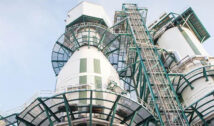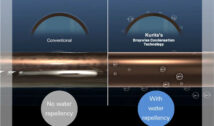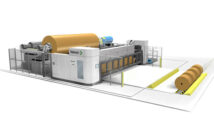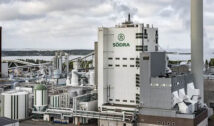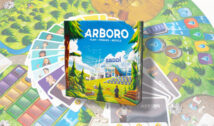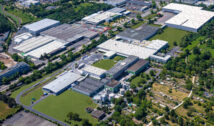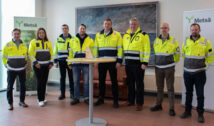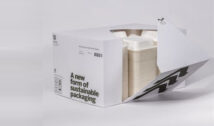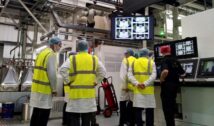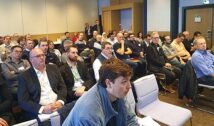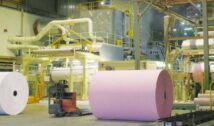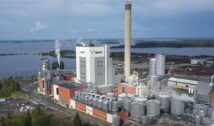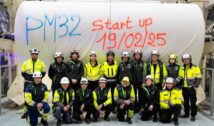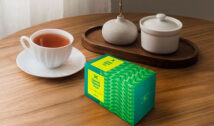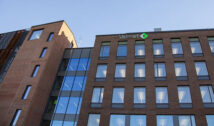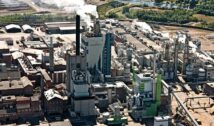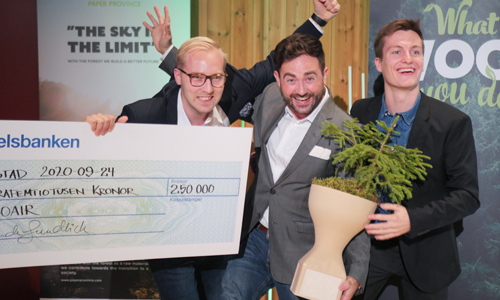
An epidemic like covid-19 is taking place in coniferous forests. The spruce bark beetle spreads quickly in Europe, and forest owners are losing billions of euros. Arboair has developed a revolutionary technology with drones and smart analysis technology that helps solve the problem. Recently the innovation won an international prize for its potential to save the forests from dying out.
“The ecosystems in the northern coniferous forest region are facing a drastic change, similar to that which coral reefs are undergoing. The change is largely due to the spruce bark beetle epidemic that has been triggered by global warming,” says Josef Carlson, Marketing Manager at Arboair.
The Swedish company just won first prize in an international competition for their economic and environmentally friendly business idea. Their method can hinder the spruce bark beetle infestation, which is one of the most costly and fastest growing problems in the forest industry.
High-tech method with drones and AI
With traditional inventory methods it can take more than ten hours to walk through 80 hectares of forest and even then, most of the damaged trees are missed. Arboair identifies infested spruces from the air through a combination of drones, colour shift analysis and artificial intelligence. That means higher precision and it is ten times faster compared to traditional methods, normally done by foot.
By detecting damaged trees in time, it is possible to avoid the infestation to spread further, which could save millions of euros in forest value, in Sweden alone. Last year Swedish forest owners lost nearly EUR 400 million due to bark beetles. In the Czech Republic and Germany, the figure was EUR 1,7 billion each.
“Like the covid-19 epidemic, where effective tests are essential to identify infected humans, effective inventory of diseased trees in the forest industry is crucial to reduce the spread. We see a great need for improvement,” says Josef Carlson.
EUR 25 000 to develop the technology
Arboair won first prize and EUR 25 000 in the international innovation competition “What wood you do” on 24 September. The competition was arranged by the bioeconomy cluster Paper Province in collaboration with Swedish forest industry leaders, with the goal to find new ideas that accelerate the transition to a fossil free society.
The prize money will be used to develop the technology.
“It feels incredible to win this award and to get this prestigious recognition for something that we are passionate about and know will save enormous natural value,” says Markus Drugge, CEO of Arboair.
“We will, among other things, be able to work with research and develop an even better technical solution that is crucial for the next spruce bark season and in the long run will help in boosting the transition to a digitized, sustainable forestry sector,” says Josef Carlson.







